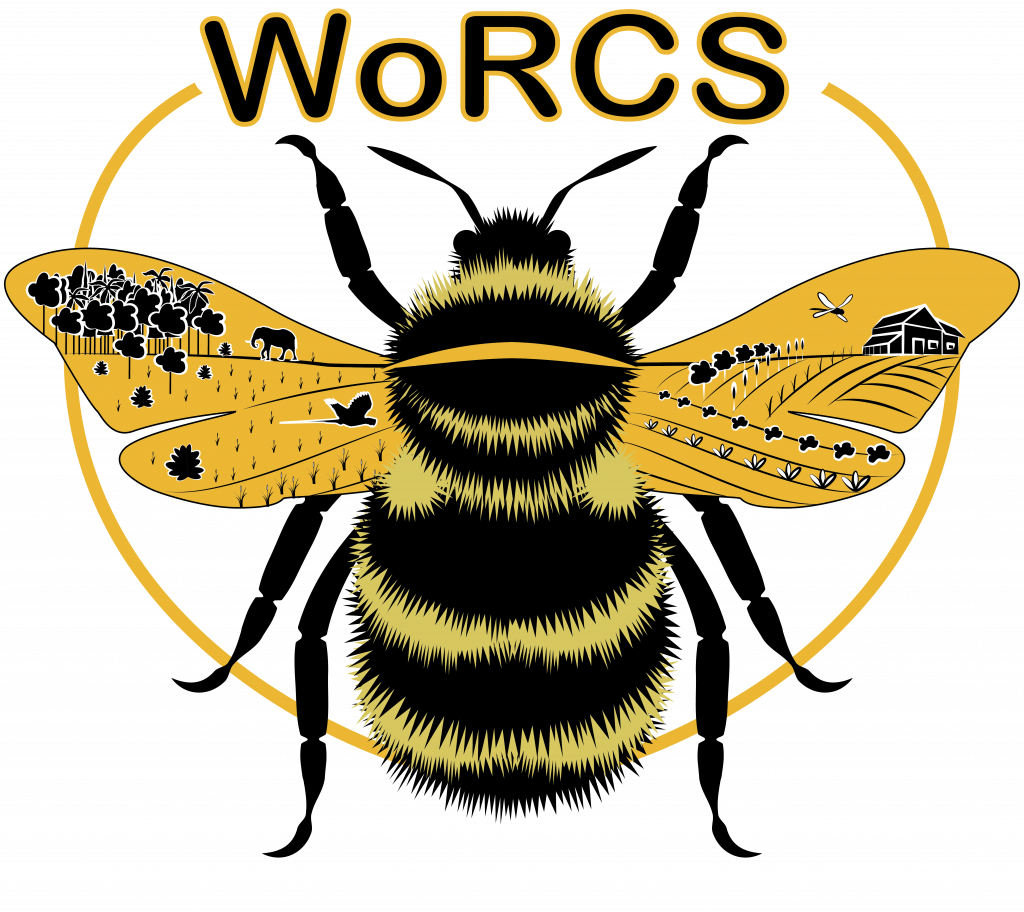2. How Can We Manage Working Lands More Sustainably?
Conceptual Framework: Pathway Two
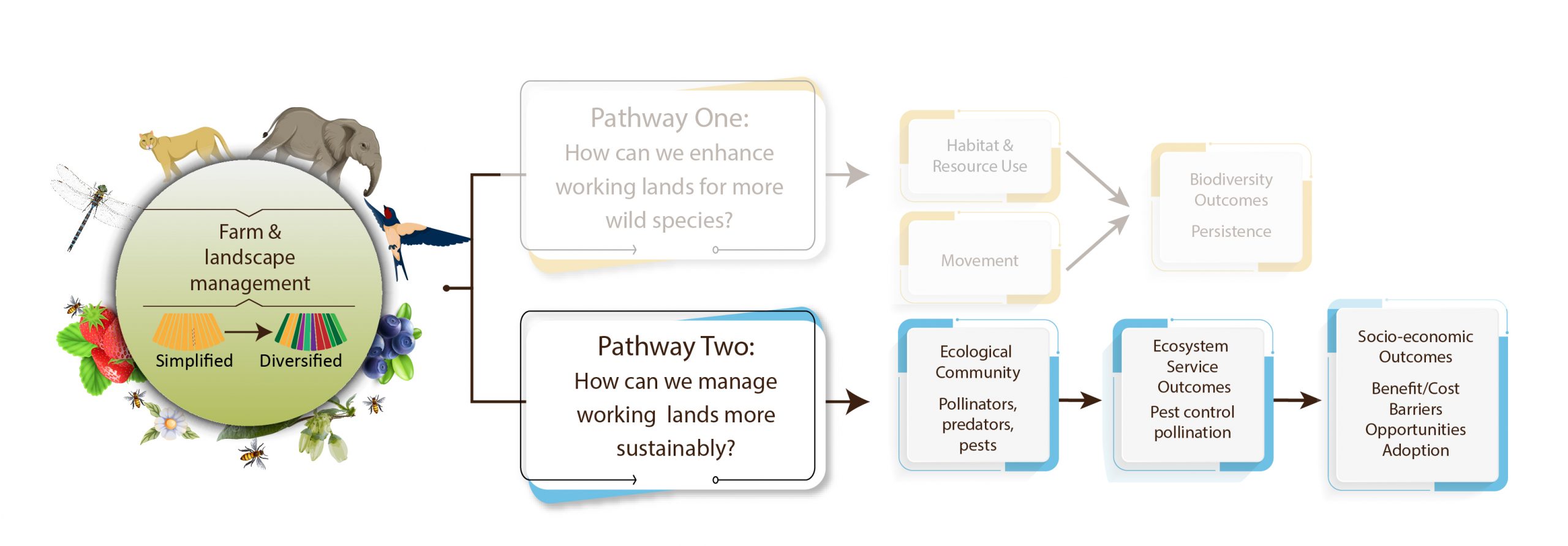
Our lab studies how agricultural diversification, and its converse, landscape simplification and chemical intensification, affect ecological communities of wild pollinators, pests and predators, and how these community characteristics in turn affect the ecosystem services of crop pollination and crop pest control. We assess how these services affect crop yields and profits, and seek to understand what social and economic factors affect farmer’s interest and ability to adopt diversification practices. Combining these elements, we aim to inform and improve upon the condition of agricultural working landscapes to protect the wild species also found there and support sustainable food production.
Research Themes
Ecological Community
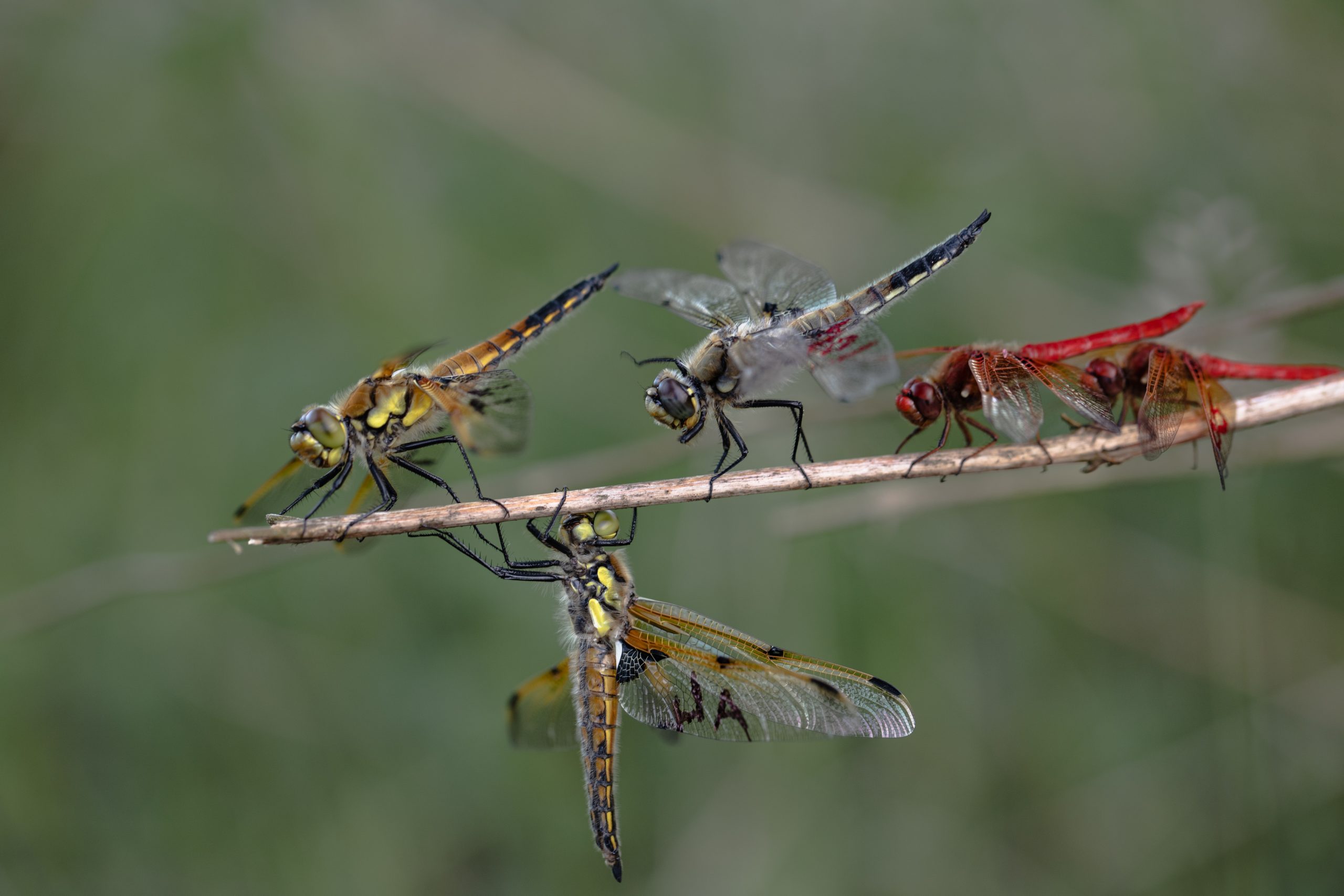
The assembly of pollinators, predators, and crop pests that help hinder or persist within agricultural lands.
Many species provide a boost to our agricultural systems through pollination, pest removal or by supporting plant growth as with mycorrhizal fungi.
Ecosystem Service Outcomes
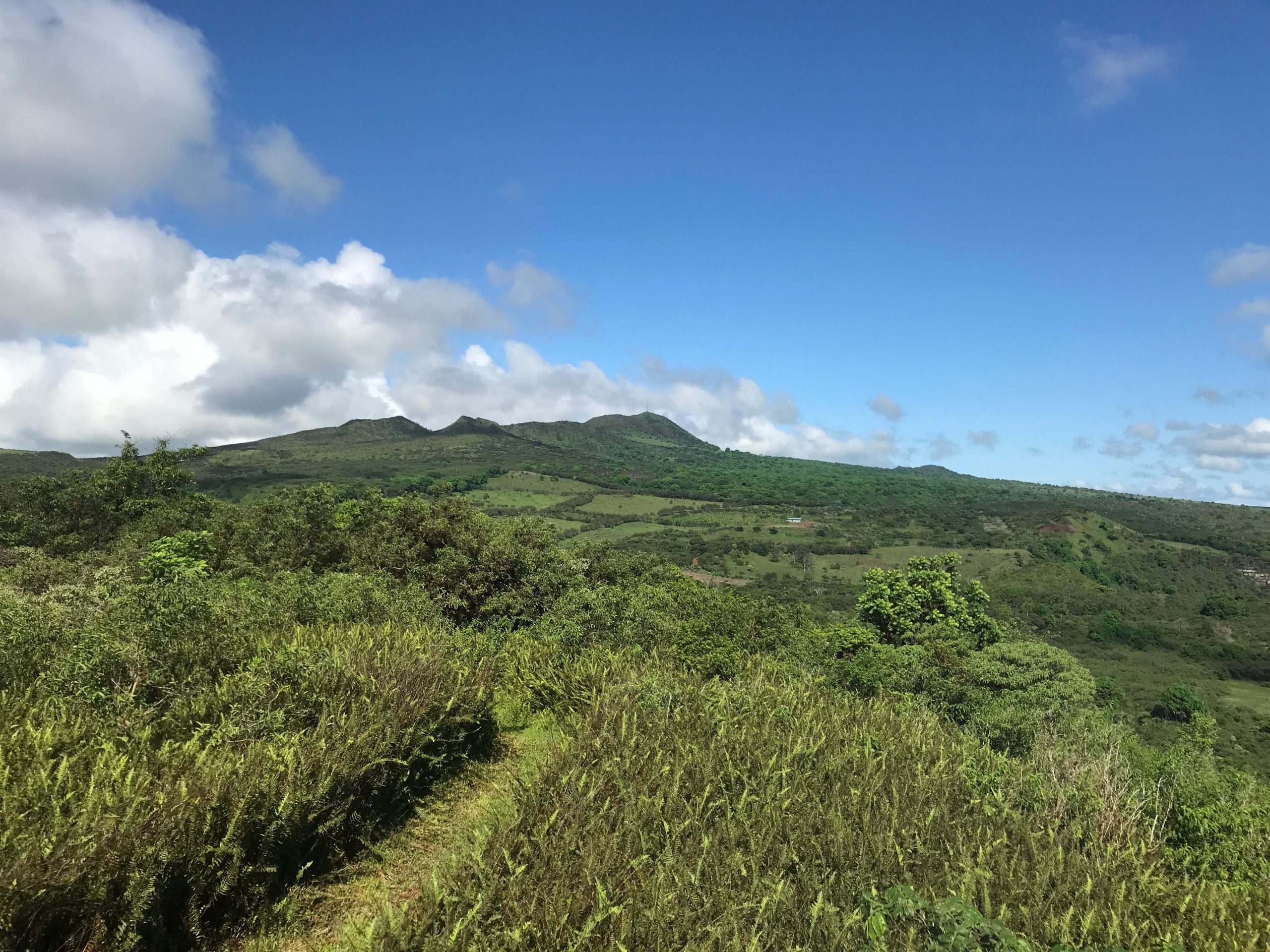
Socio-economic Outcomes
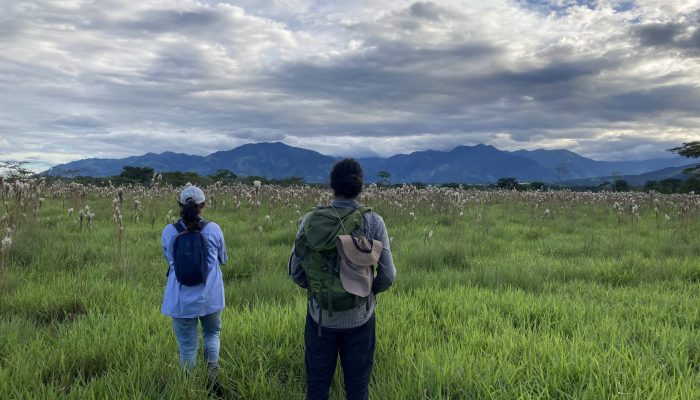
What do the impacts of diversification have on the livelihood of farmers and growers or crop yield and quality.
